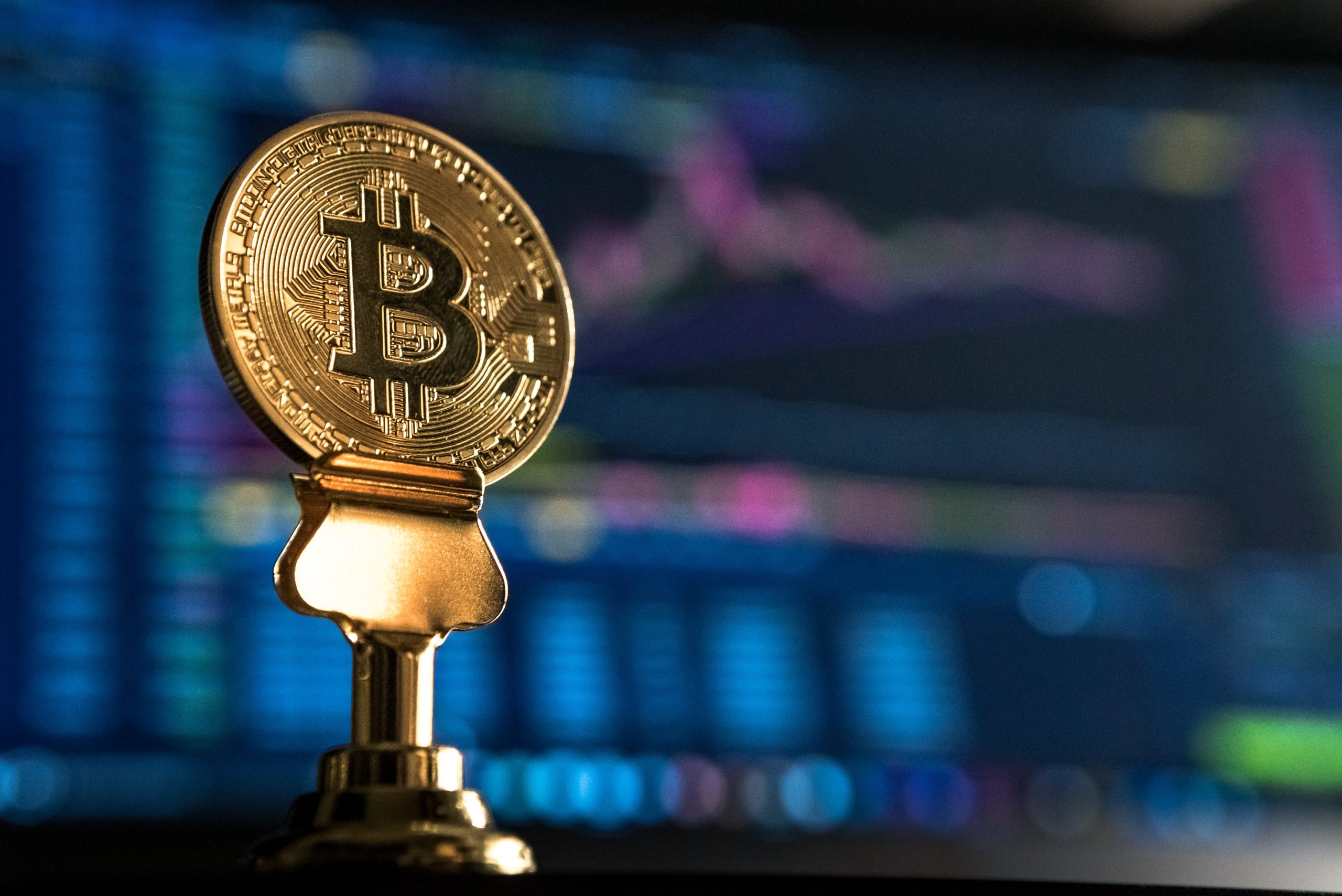Although women’s rights have certainly progressed after over a century since women’s right to vote was achieved, it cannot be denied that there still lies a divide when it comes to women in certain industries.
There even lies a stigma that the field of technology, especially blockchain and cryptocurrency, is not for women. However, according to women in blockchain advocate Dana Al Salem, blockchain can be utilized as an enabler for women’s inclusion and societal rights, and should not be seen as a tool for oppression.
The Yahoo! Europe founder further asserts that blockchain can serve as a backbone for women in society, especially in terms of land ownership, banking rights and ID privileges.
“Forty-two percent of women are unbanked, and when you talk about land ownership less than 20% of the land around the world is owned by women. You have certain regions of the world that are better and other regions where the statistics are lacking around women’s IDs,” Al Salem said.
“And that’s also where blockchain can help because if you don’t have an ID, it means that you can’t have a bank account, means that you can’t have financial independence, it means you can own land, etc.,” Al Salem added.
Al Salem also asserts how women in blockchain empower issues beyond land and ownership, as blockchain may take the place of certain contracts, such as marriage. Since marriages are patriarchally-aligned, women are granted equal footing via blockchain transparency.
“Imagine everyone put their wedding contracts on the blockchain. You wouldn’t have these inheritance disputes and you wouldn’t have women having their land taken away from them because [they live] in a patriarchal society. You would have everything transparent on the blockchain. And it would be defendable,” says Al Salem.
Al Salem also notes that greater financial inclusion is also one of the factors why she advocates for women in blockchain across society. This can be done with minimal transaction fees in the form of tiny fractions of a U.S. cent, which is how Bitcoin is supposed to work.
“You can open a crypto wallet with some kind of digital ID. You don’t need any banking fees or maintenance fees. And let’s not forget that a majority of women around the world are in part-time jobs or what’s considered informal employment. They can’t even get access to bank accounts in a traditional banking environment,” Al Salem asserted.
While women are one of the direct beneficiaries of the financial benefits built on the BSV blockchain, Al Salem notes that all citizens would benefit from BSV in different ways. This is especially true for other industries, as she describes blockchain as an industry-agnostic platform.
Undoubtedly, blockchain is field not only for boys and men to explore, but for women, too. Blockchain is more than just a secure platform that records immutable transactions, it also protects women’s rights. Once the world and its branching governments adapt to blockchain technology, it will be a step closer to achieving a more women-inclusive society.
